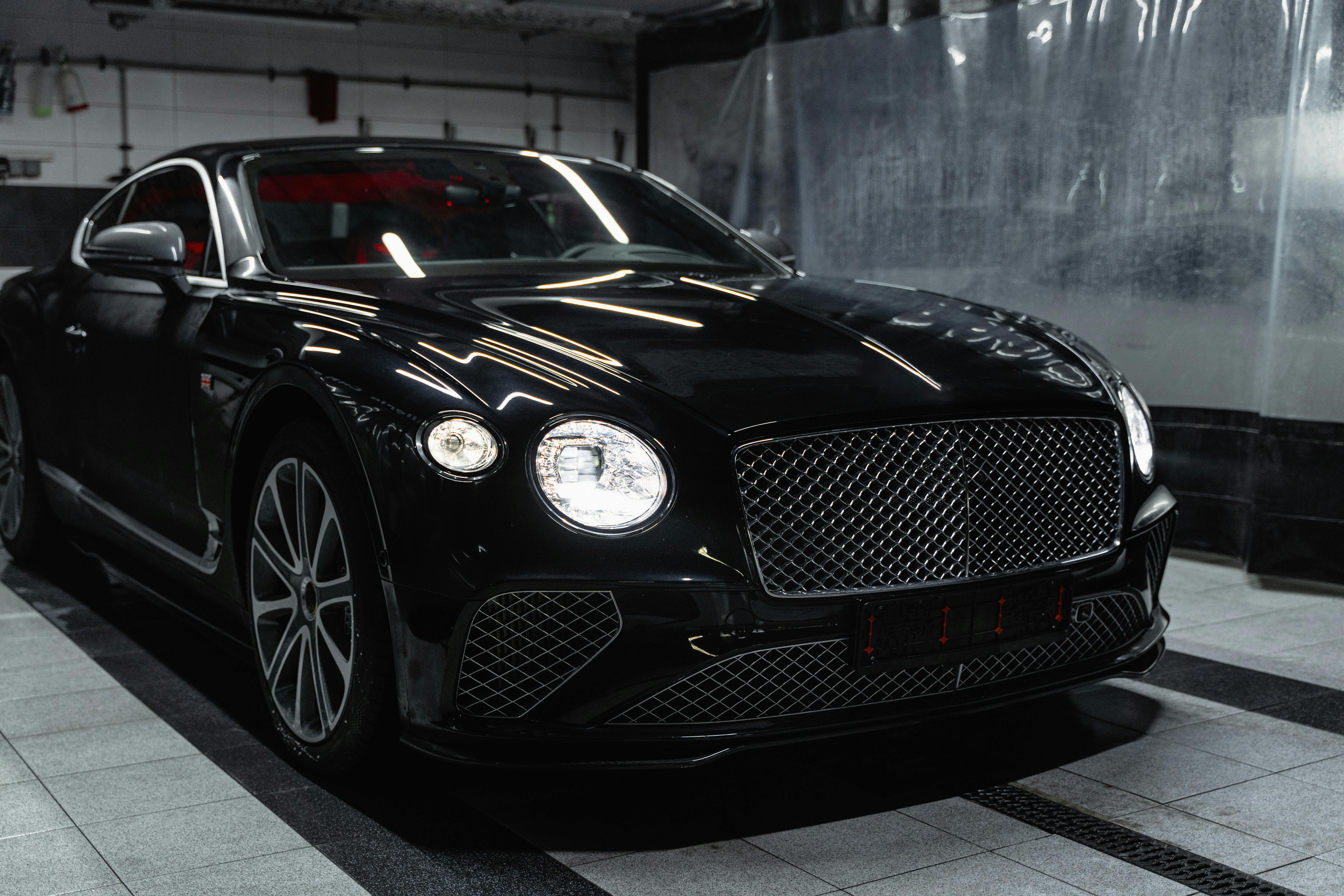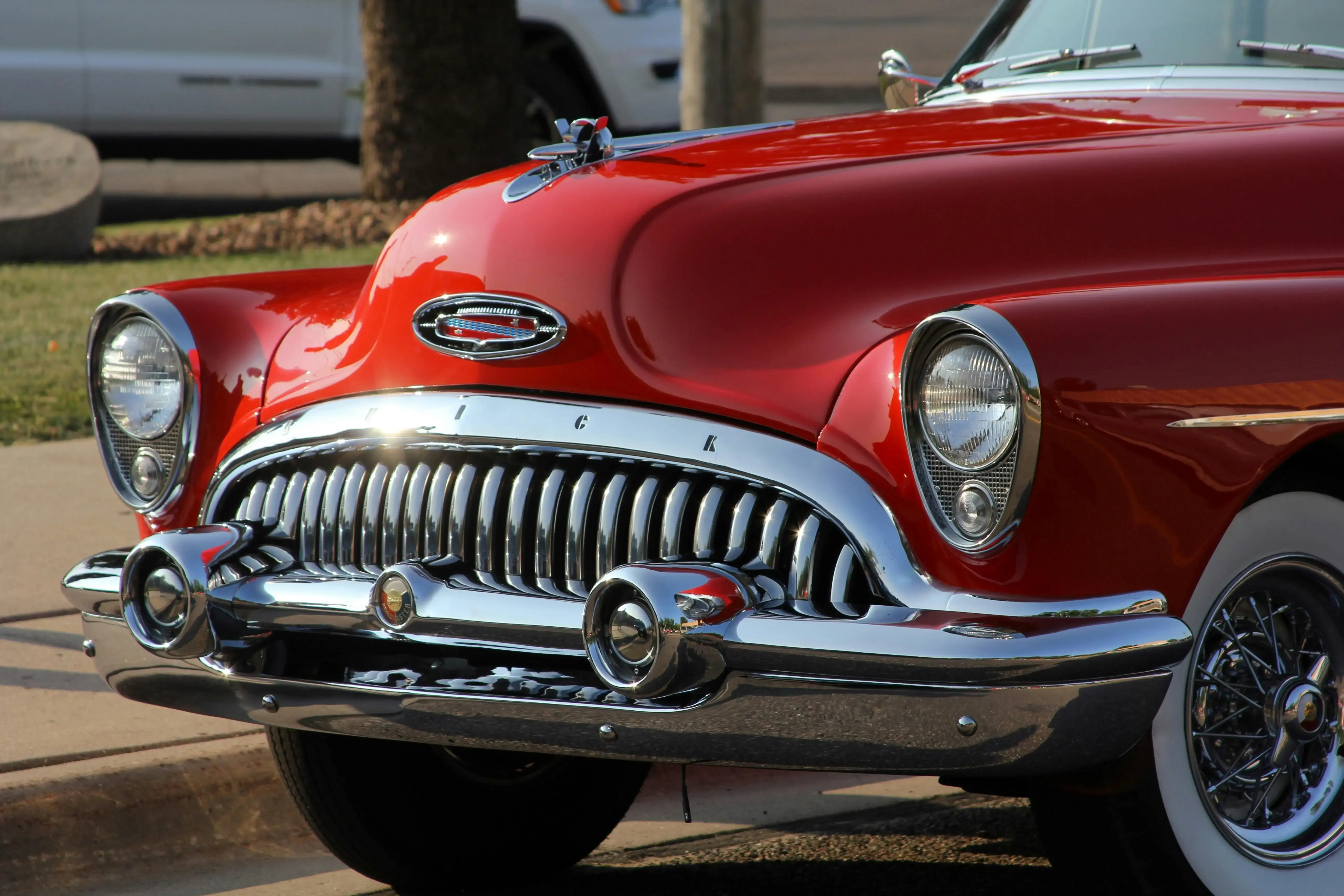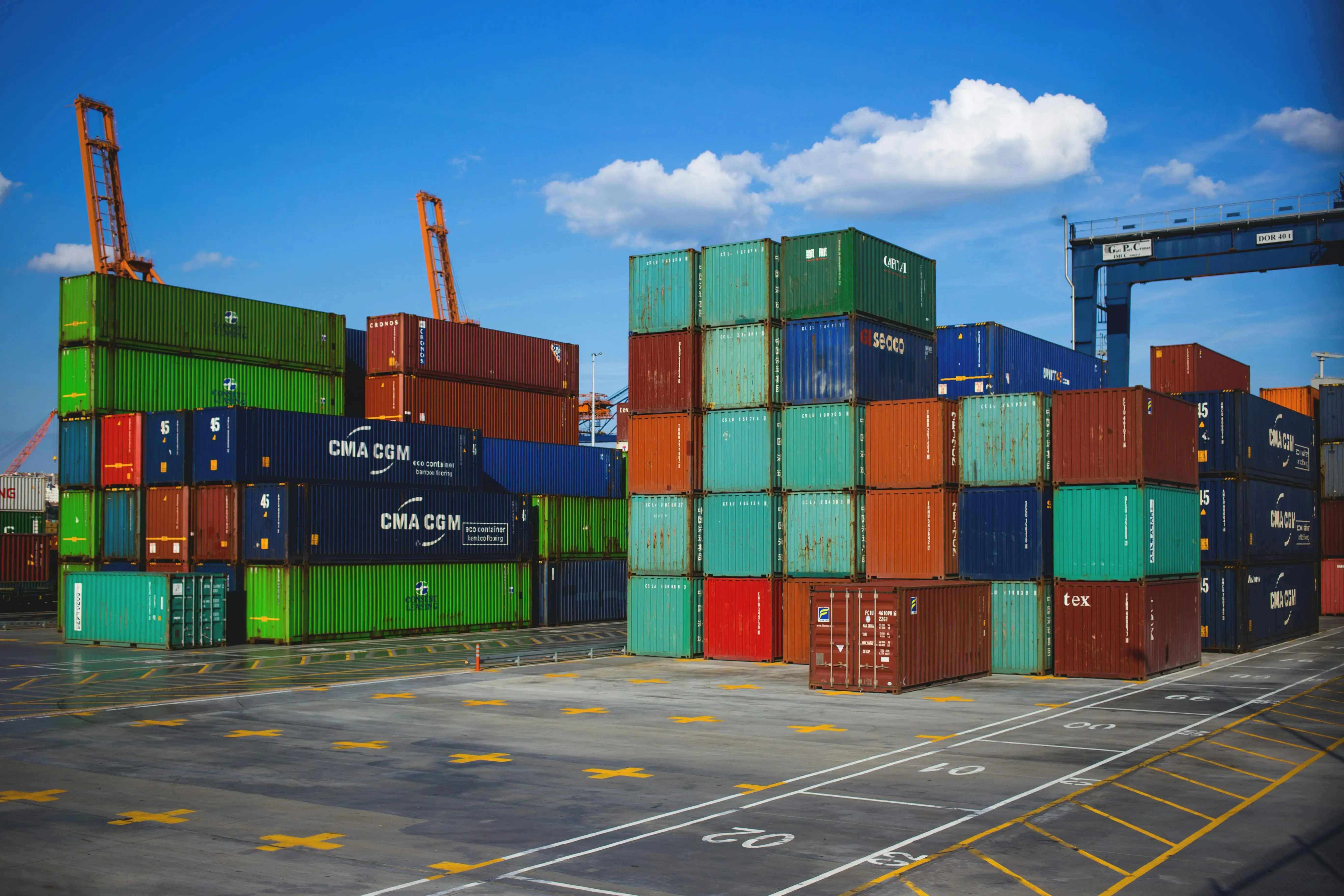Luxury Car Tariffs: Ferrari, Rolls-Royce & Bentley Response
The 25% U.S. tariff on imported vehicles, implemented in April 2025, has sent shockwaves through the luxury automotive sector. For European marques like Ferrari, Rolls-Royce, and Bentley-brands synonymous with exclusivity and global craftsmanship-the new duty structure demands rapid adaptation. This analysis examines how these iconic manufacturers are adjusting their strategies and what U.S. buyers can do to navigate the evolving landscape.
Immediate Impacts on Luxury Automakers
Ferrari: Preemptive Price Increases & Allocation Shifts

Ferrari announced a 10% price hike across most models in March 2025, affecting even vehicles already en route to U.S. dealers. The increase adds approximately $30,000 to the base price of a Roma and over $50,000 to limited editions like the 12Cilindri.
CEO Benedetto Vigna confirmed the brand is exploring "countermeasures," including:
-
Prioritizing U.S.-bound production runs for high-margin models (e.g., Purosangue SUV)
-
Leveraging bespoke customization programs to offset tariff costs
-
Expanding event-driven temporary imports for concours appearances
Rolls-Royce: Evaluating Market Viability

As a BMW subsidiary, Rolls-Royce benefits from partial U.S. manufacturing infrastructure but remains vulnerable:
-
Complete Knock-Down (CKD) Kits: Exploring assembly of Phantom/Cullinan bodies in South Carolina to reduce tariff exposure
-
Allocation Reductions: Cutting U.S. deliveries of Ghost and Wraith models by 15% to focus on higher-margin Bespoke commissions
Bentley: Holding Firm Amid Uncertainty

Volkswagen’s crown jewel continues U.S. shipments but warns of potential adjustments:
-
Mulliner editions now account for 40% of U.S. orders (vs. 25% in 2024)
-
Considering "American Series" models with exclusive specs to justify price premiums
Broader Industry Responses
Jaguar Land Rover & Audi: Strategic Shipment Pauses

-
JLR: Halted all U.S. shipments through Q2 2025, redirecting Range Rover SV units to Middle Eastern markets
-
Audi: Holding RS e-tron GT and R8 LMS inventory at Baltimore ports pending tariff exemption appeals
Market Realignment: The $250,000 Threshold
Analysts identify a pricing inflection point:
-
Vehicles under $250,000 face disproportionate tariff impacts (e.g., BMW M8 Competition: +$62,500)
-
Ultra-luxury models above $400,000 show 92% order retention despite price hikes
Strategic Guidance for U.S. Buyers
1. Secure Current Allocations
Dealers report 6–12 month waitlists for tariff-adjusted inventory. Priority access strategies include:
-
Flexible Color/Spec Acceptance: Open to dealer stock configurations
-
Pre-Approved Financing: Demonstrate serious buyer status to jump queues
2. Target "Inbound" Inventory
Vehicles shipped before April 3, 2025, remain under pre-tariff pricing. Our U.S. import guide details how to identify and acquire these units.
3. Explore European Delivery Programs
Brands like Porsche and Mercedes-Benz offer EU delivery with deferred U.S. registration, potentially locking in lower pre-tariff values.
4. Consider Pre-Owned Market Alternatives
Low-mileage 2022–2024 models are appreciating but remain tariff-exempt:
-
Ferrari F8 Tributo: +18% since January 2025
-
Bentley Continental GT Speed: +12%
How West Coast Shipping Facilitates Luxury Imports
Our specialized services help clients navigate the tariff landscape:
-
Temporary Imports: Secure event-specific entry for concours/showcase use
-
Customs Optimization: Classify limited editions under "show car" HS codes
Navigating the New Luxury Reality
While tariffs have disrupted traditional import flows, they’ve also created opportunities for strategic collectors. By acting swiftly, leveraging OEM programs, and partnering with experienced logistics providers, U.S. enthusiasts can continue accessing the world’s most exclusive vehicles despite rising costs.
Need assistance?
Our luxury car shipping team specializes in tariff-compliant solutions for high-value imports.
You May Also Like
These Related Stories

What Is RoRo Shipping? Complete Guide To Roll-On/Roll-Off Transport

RoRo vs Container Cost: Shipping to Spain – Which Is Better 2025?

-093789-edited.png?width=220&height=79&name=wcs_final_logo_(1)-093789-edited.png)
